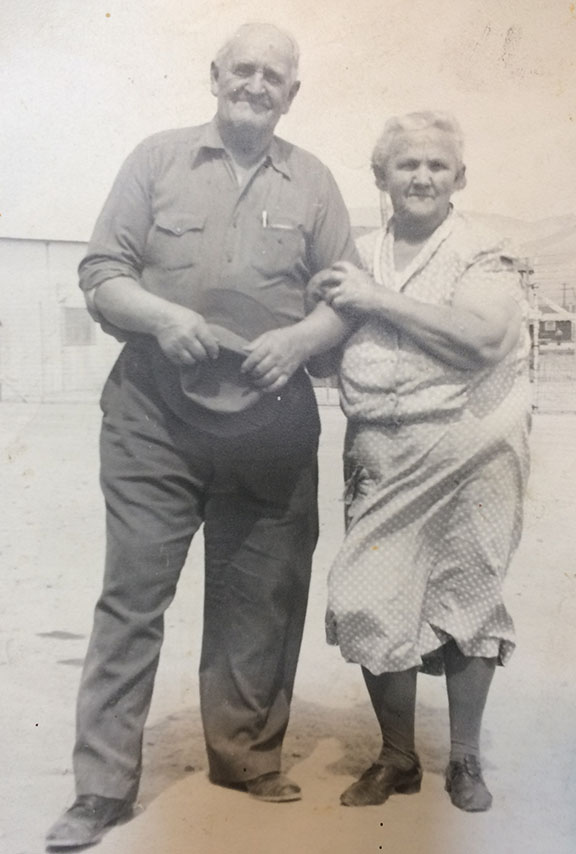
By Rob Shaul
“It’s funny how a simple task like making your bed can change the way you look at things.”
I was eleven, it was bluebird July morning, and I was anxious to grab my fishing pole and bike to the kid’s fishing pond at the town park.
But before fishing, I had to help my my grandma, Myrtle, gather up the washed linens and make all the beds in the house.
Myrtle was the daughter of Irish and Norwegian immigrant parents and raised poor in a dusty small town in southern, Nevada. Many of her adult years were spent in Reno, where she worked as a maid in the casino hotels.
I can’t remember who’s bed we were making, but I was in a hurry, rushing through doing a sloppy job. “It’s good enough, Grandma,” I remarked.
Big mistake.
She stopped, looked me straight in the eye, and said, “I’m a professional.” Then she proceeded to smooth out the sheets, square the corners, tuck in the covers, and perfectly fluff and place the pillows.
If a well-made bed can be a work of art, this was it. So went the rest of the bed-making – and she never said another word.
No one was watching Myrtle. She wasn’t getting paid. None of us would know the difference between a professionally-made bed, and just a “made” bed.
But it mattered to Myrtle, and her example has stuck with me all these years. She approach her job with clarity and dignity.
Superior work in any occupation takes craftsmanship. Quiet professionals who put in the work, time, blood and tears to learn their craft develop a sense of dignity about their work that is unyielding.
Doing the work “right” is not about them, the customer or what their colleagues think.
It’s about honoring their craft, respecting the work and doing their job quietly and well, every time. It’s doing your job with dignity.
It takes time to become a craftsman, but no time is required to be a professional about your work. This is an attitude, a commitment, an ethic any rookie or vet can embrace and apply.
You Might Also Like The Original Article What Does It Mean to be a Quiet Professional